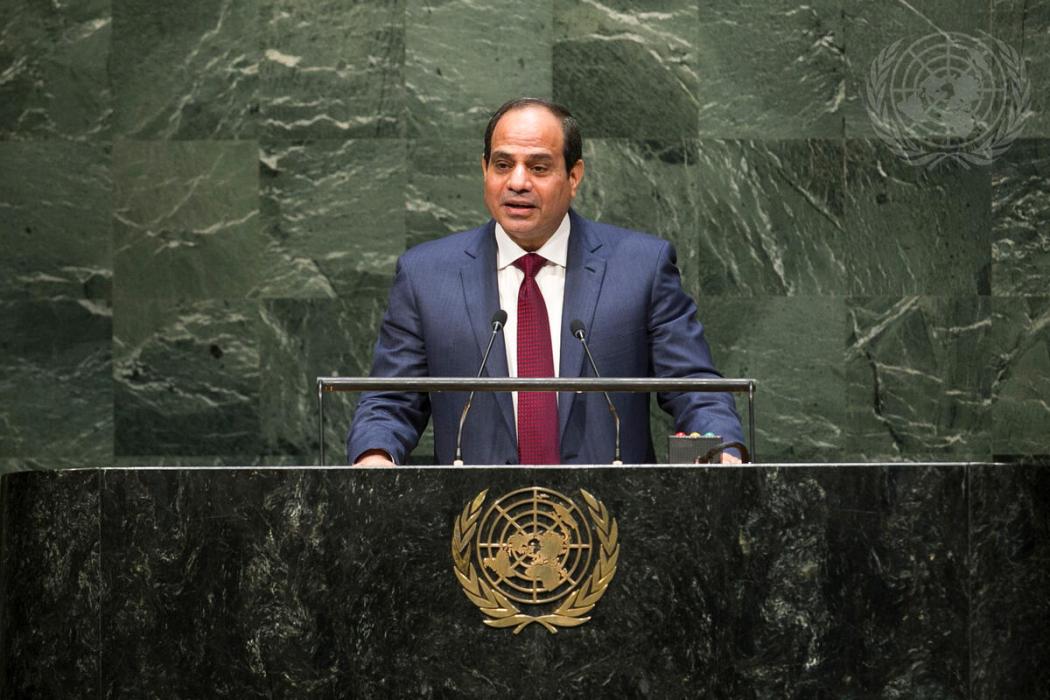By Robbie Corey-Boulet
Chinese President Xi Jinping and Saudi Arabia’s powerful crown prince met Thursday on an Arab outreach visit that has earned a rebuke from Washington, reaching deals in areas including energy and infrastructure.

Agreements worth about US$30 billion were to be signed, Saudi state media said, as China seeks to shore up its Covid-hit economy and as the Saudis, long-term US allies, push to diversify their economic and political alliances.
Xi and Crown Prince Mohammed bin Salman, the 37-year-old de facto ruler of the world’s biggest oil exporter, met at Yamamah Palace in Riyadh, flanked by high-ranking officials wearing face masks, footage aired on state television showed.
They oversaw the signing of energy agreements on hydrogen as well as a plan to “harmonise” Saudi Arabia’s ambitious economic reform agenda, Vision 2030, with China’s trillion-dollar Belt and Road Initiative, the official Saudi Press Agency said.
The signed deals also covered a petrochemicals project, housing development and the teaching of the Chinese language, SPA said, though it did not detail their substance or monetary value.
Earlier, state television showed Xi being greeted by Prince Mohammed before the two men stood side-by-side as a brass band played their countries’ national anthems.
They then chatted while walking into the palace, which is the king’s official residence and seat of the royal court.
Xi also met with Prince Mohammed’s father, 86-year-old King Salman, signing a comprehensive strategic partnership agreement first reached during Xi’s last visit in 2016, state media reported.
They “agreed to hold a heads of state meeting between the two countries in turn every two years”, Chinese state media said.
“I am very pleased to visit Saudi Arabia again after six years. I still remember the scenes from my last visit,” Xi said in remarks carried by Chinese state broadcaster CCTV.
“The Chinese side views the Saudi side as an important force in a multipolar world and attaches high importance to developing a comprehensive strategic partnership with Saudi Arabia.”
He said Beijing was ready to expand its crude oil trade with Riyadh and would “list Saudi Arabia as a destination country for outbound tourism organised by Chinese citizens”.
‘Raising pace’ of cooperation
Upon his arrival on Wednesday, Xi said bilateral ties with Saudi Arabia had grown “by leaps and bounds” in recent years.
This “has not only enriched both countries’ peoples but promoted regional peace, security, prosperity and development,” Xi said, according to CCTV.
The crown prince sees China as a critical partner in his sweeping Vision 2030 agenda, seeking the involvement of Chinese firms in ambitious mega-projects meant to diversify the economy away from fossil fuels.
Saudi investment minister Khalid al-Falih said this week’s visit “will contribute to raising the pace of economic and investment cooperation between the two countries”, offering Chinese companies and investors “rewarding returns”, according to SPA.
Earlier on Thursday, Saudi state media announced 34 investment agreements in sectors including green hydrogen, information technology, transport and construction.
State broadcaster Al-Ekhbariya said another 20 agreements worth 110 billion riyals (US$29.3 billion) were due to be signed.
Arab outreach
Arab leaders began Thursday to converge on the Saudi capital ahead of summit meetings with Xi, who will hold separate talks with the six-member Gulf Cooperation Council before leaving on Friday.
China, the top consumer of Saudi oil, has been strengthening ties with a region that has long relied on the United States for military protection but which has voiced concerns the American presence could be downgraded.
Egyptian President Abdel Fattah al-Sisi, Palestinian president Mahmud Abbas and Sudan’s de facto leader Abdel Fattah al-Burhan had all arrived by Thursday afternoon, according to the Saudi foreign ministry.

Qatari Emir Sheikh Tamim bin Hamad Al-Thani, Tunisian President Kais Saied, Iraqi Prime Minister Mohammed Shia al-Sudani, Moroccan Prime Minister Aziz Akhannouch and Lebanese caretaker Prime Minister Najib Mikati have also confirmed their attendance.
Beijing’s foreign ministry this week described Xi’s trip as the “largest-scale diplomatic activity between China and the Arab world” since the People’s Republic of China was founded.
It has not escaped the attention of the White House, which warned of “the influence that China is trying to grow around the world”, calling its objectives “not conducive to preserving the international rules based order”.
Washington has long been a close partner of Riyadh, but the relationship is currently roiled by disagreements on energy policy, US security guarantees and human rights.
Xi is making his third journey overseas since the Covid pandemic prompted China to shut its borders and embark on a series of lockdowns, putting the brakes on its giant economy.
His visit follows US President Joe Biden’s trip in July, when he greeted Prince Mohammed with a fist-bump at the start of a vain attempt to convince the Saudis to raise oil production.
Support HKFP | Policies & Ethics | Error/typo? | Contact Us | Newsletter | Transparency & Annual Report | Apps
Help safeguard press freedom & keep HKFP free for all readers by supporting our team

LATEST FROM HKFP
HKFP has an impartial stance, transparent funding, and balanced coverage guided by an Ethics Code and Corrections Policy.
Support press freedom & help us surpass 1,000 monthly Patrons: 100% independent, governed by an ethics code & not-for-profit.










